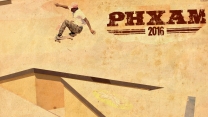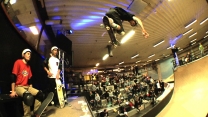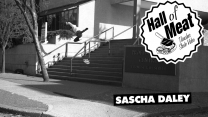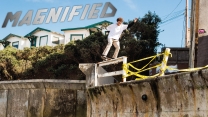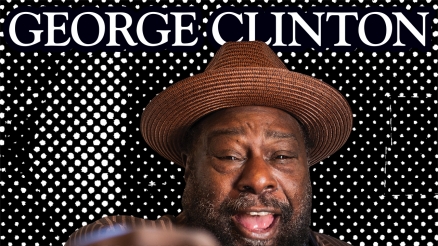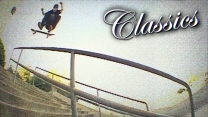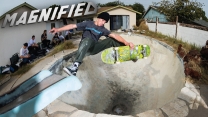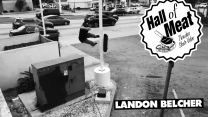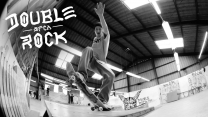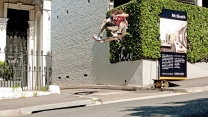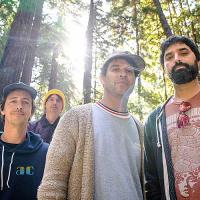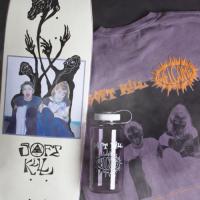George Clinton Interview
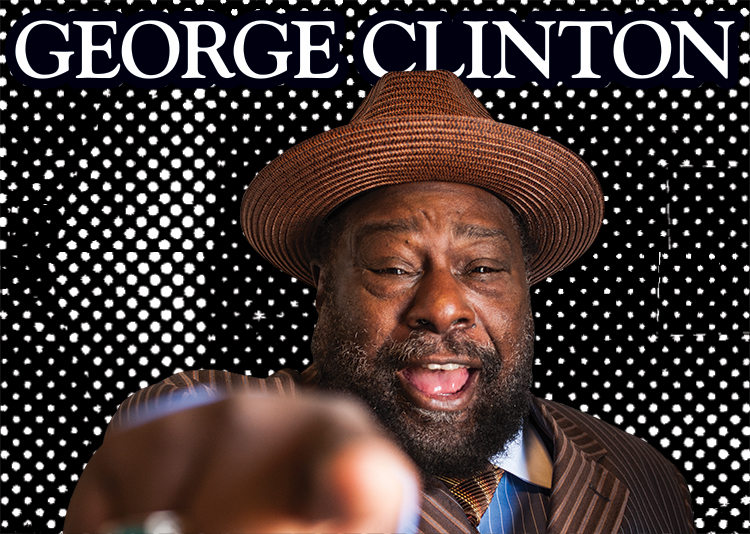
Although George Clinton’s iconic multi-colored dreads are long gone, the chief architect of funk is still as colorful as he’s ever been. The Parliament-Funkadelic pioneer started the process of reinvention about six years ago when he decided to clean up several aspects of his life. At the ripe age of 74, he’s just as productive as he was in the ‘70s, when albums like Mothership Connection and Maggot Brain provided the soundtrack of an era. His brilliant foresight and relentless work ethic made him a living legend, securing his spot in rock ‘n’ roll history. His latest album, 2014’s First Ya Gotta Shake the Gate and subsequent book, Brothas Be, Yo Like George, Ain’t That Funkin’ Kinda Hard on You?: A Memoir, are out now. Mr. Clinton had time between recording sessions to talk Maggot Brain, sampling and the definition of funk. —Kyle Eustice
Let’s take it way back to 1971’s Maggot Brain. I heard the producer told guitarist Edward Hazel to play like somebody he loved just died. Is there any truth to that?
Oh yeah. That’s exactly what happened. Eddie said, “Man, that’s fucked up.” But that’s what he did.
It provides a rather somber introduction to the album, but flawless guitar playing.
We were really influenced by Sly and the Family Stone back then.
Did you ever imagine you’d be sampled by so many artists?
I didn’t know what sampling was then, but I sure intended it to be memorable music that would be around for a long time. Just because of the politics of the business, we knew what was coming through Motown and into the ‘70s. I tried to keep up with all of that stuff. When the movement came along, I kind of could see it coming. I’m proud of myself. Like Eminem, I talked about him forever before he got on with Dr. Dre and had his hit records. I knew that from watching him as a kid. Last year, when I met Kendrick Lamar, he wanted me to work with him. Just from the conversation we had about what he wanted to do, I knew he was going to be exactly what he is right now. His intentions were that clear. He knew exactly what he was doing. I feel real good that I at least have my finger on the pulse of what’s happening.
You do. I saw an interview with you and you were saying you kind of always look backwards, even to what your grandkids are listening to, to show you what’s hot on YouTube or what’s going on currently. Has that been crucial to your career?
It’s funny, the patterns. When I see something catching on, it’s easier to see because it’s utterly stupid if you’re an older person.
I guess that’s the sign. You know it’s going to hit when you hate it.
Yes, when you hate it, you know it’s hitting. Kids go out of their way to be creatively on your nerves. When I hear a record and I’m, like, “Bitch, don’t kill my vibe,” I know they’re on to something. Then I have to hear some more of it, like, ‘What the fuck is making that work?” It’s either pretending to be high on drugs or actually being high on drugs these days. It’s the same thing we did in ‘60s with feedback. We made noise music. When Jimi Hendrix made feedback into almost religious music, we realized anything could be pleasurable if you learn to like it. You don’t want to like it because you’re getting older because you can’t dance to it. To me, that’s funny, because I can hang around a little longer. It’s easy to see the joke in it. They still sound silly, but after awhile I can recognize the hit records in the silliness.
You’ll be 75 this year. That’s a huge testament to your staying power and legacy of your music.
It’s a huge testament to how much fun I have doing it.

I see it every time you perform. The first time I saw you was in ’99 I think in Lawrence, Kansas, and the last was 2012 in Omaha.
Lawrence? Wow.
You can’t not have fun at a P-Funk show. Is it true some of your favorite samples of your music were by Hank Shocklee, who worked with Public Enemy?
That, to me, was the most excellent use of sampling. Too bad all the legal stuff stopped them from doing what they had been doing. Had I been in charge, I would have let him keep doing it. It would have been my pleasure. Even the ones they did with Ice Cube, that whole concept of how they mixed samples together and made entirely new songs out of them was incredible. All of them made new songs, but some used loops, which is a little easier to do. When you start arranging it where it becomes an art form, wow. I mean, they do it now with mash-ups, but for the most part you can’t get the rights to the songs to get it played. But I really loved what Hank Shocklee did with the Public Enemy stuff.
What did you think of The Chronic when it came out? P-Funk is all over that record.
Oh, that’s one of those where Dre and them were in Compton, put on a Funkadelic record and just started rapping. They didn’t bother changing it, really. The Chronic was verbatim. Then the video they used the chorus from “Swing Down Sweet Chariot.” When you look at Straight Outta Compton, look at the albums on the floor, every record that we did at that time was down there. I appreciated it because they allowed me to capitalize on that and I made sure I was going to still be here when that started ripening.
What is the definition of funk?
Most of the time, funk is attitude; anything you need it to be to save your life. Whether it’s music or whatever. You need to jump in and start jamming. You’re free enough to just do it. The funk lifestyle we live is do the best you can and then after that, funk it.
You wrote a book recently. What’s it about?
It’s an autobiography. I’ll tell you, get the book and look at page 378. That’s the main reason for me writing the book. But I talk all about all the stuff the people want to hear: the craziness, the fun, the motherships, the ‘60s, psychedelics, the doo-wop days of the ‘50s, the ‘70s, Chocolate City, Motown and, of course, all of the fights over copyright—all that. It’s an ongoing thing that fuels me. It keeps me able to do this. Just like the ‘60s when we wanted the Vietnam War to end, well I have a mission: to talk about the stealing of copyright, this music of rock ‘n’roll. I’m having fun fighting about that. That’s my new mission. I have a bunch of kids with me on stage. I’ve redefined the whole look of the group. We still have guitars and horns and all that. The new album, Ya Gotta Shake the Gate, came out with the book. It’s another part of me redefining myself.
And you got clean, right?
Well, I still have my medical marijuana card, but everything else is gone. That was about six
years ago.
That’s great. I’m glad it didn’t take you out. It’s taken way too many.
Me too. I couldn’t let that happen.
